International Community Development Profile: Bitiana Kipingi Family
In this series, families in the Reaching Children’s Potential (RCP) Demonstration Program in Tanzania explain how their participation improves their lives. Global Volunteers’ RCP Program engages short-term volunteers to help parents deliver essential services improving health, eradicating hunger, and enhancing cognition – with the goal of eliminating child stunting in the Ukwega Ward and throughout Tanzania. Through RCP, families obtain the nutrition, health care, knowledge, technology, and encouragement needed to combat stunting, and to ensure their children can realize their full potential. The RCP Program is a child-focused, parent-driven, family-centered, and community-led comprehensive effort. It begins with pregnancy, and continues through the 18th birthday, with a focus on the first 1,000 days of life. Read Bitiana Kipingi’s interview about the RCP Program here.
We’re interested in learning about your normal daily life, where you and your husband are from, and how you earn a living, Bitiana.
I was born and raised in Ukwega village but I moved to Ipalamwa after I got married as my husband is originally from Ipalamwa. I appreciate Ipalamwa because my husband is from here and people here are kind. Also, there is fertile land to grow a variety of foods and the environment here is nice. We farm beans, corn, potatoes, bananas, yams, and cassava, mostly for our own use.
My education level is standard 7. My husband supports me in everything that I would need. I usually wake up at 7:00 in the morning to conduct domestic activities and prepare my children for school. I spend most of my time at the farm. I usually go to the field with my youngest child, Beatrice, or sometimes I leave her at my mother-in-law’s house where she spends time with her grandmother until I come back from the field. I fetch water close to here – less than ten minutes away. If water is not flowing in the community water tap, I usually get water from the valley and that takes up to half an hour back and forth. When I get time to relax, I spend time with my children or do activities at home. I sometimes read schoolbooks with my children.
“I appreciate Ipalamwa because my husband is from here and people here are kind. Also, there is fertile land to grow a variety of foods and the environment here is nice.”
– Bitiana Kipingi, RCP mom
When you learned about the hand-washing stations, what did you do to teach your family good hygiene?
When I first learned about handwashing and hand-washing stations, I taught my children and my husband about the importance of washing our hands with soap and clean water as many times as we can in order to avoid bacteria that stay on our hands and cause diseases. Before learning about handwashing, we used to suffer a lot from diseases — mostly diarrhea. So I told them washing our hands can be a solution to the stomach fever that we always had. They were all receptive, especially my husband, but it was a little bit of a challenge with my children because they were forgetting to wash their hands most of the time. So I took charge of reminding them to use the hand-washing station as much as they can, especially at important times. Currently, we all use the hand-washing station appropriately and I’m happy that my family is healthy.
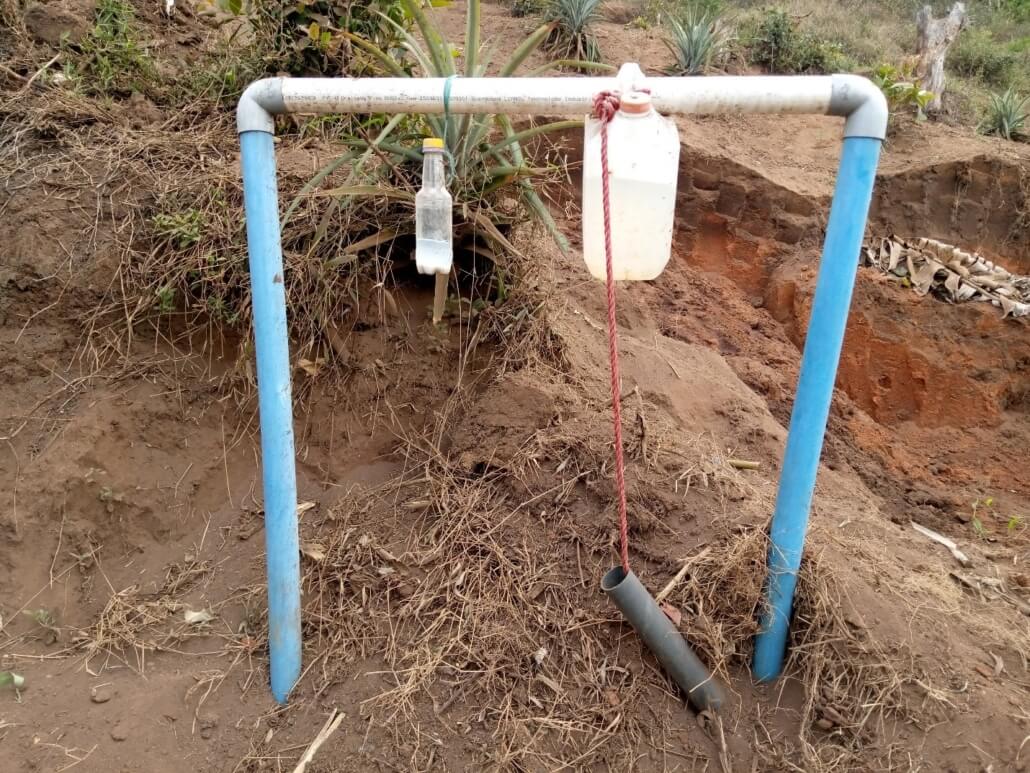
Have the Rise Against Hunger meals been important for your family’s nutrition?
I’m happy that my first two children are receiving Rise Against Hunger meals at school every day. Since they started taking meals at school, they have become very energetic and active, even after school hours. They are very happy to have these meals at school and they usually say they don’t like days off from school because they will be missing meals! The Rise Against Hunger meals seem to be very good meals for our children.
I personally had the chance to have the fortified porridge, which was very helpful and healthy for my youngest child and me. I felt stronger and had enough breast milk when I ate the porridge. Beatrice’s weight kept increasing every month and she became healthy. Sometimes she didn’t want to eat any other foods, but when I gave her the fortified porridge, she ate very well. So the porridge was sometimes an option if she refused other foods. Indeed, it was very helpful. The foods that we currently eat are ugali, beans, and vegetables every day, and sardines, potatoes, rice, cassava, yams, meat (if we can afford it), mashed bananas, and fruits, like avocados. We always get three meals per day. My children love rice more than any other food.
“I’m happy that my first two children are receiving Rise Against Hunger meals at school every day. Since they started taking meals at school, they have become very energetic and active, even after school hours. They are very happy to have these meals at school and they usually say they don’t like days off from school because they will be missing meals!”
– Bitiana Kipingi, RCP mom
What are the personal changes you’ve made in your life since joining RCP that have resulted in better health for you and your children? What are you doing differently now?
I have changed on the issue of washing hands with soap and water as many times as I can. Formerly, I used to wash my hands, but most of the time it was without soap and sometimes I wouldn’t wash my hands at all. But now I use soap and water to wash my hands and my whole family has become very healthy. Also, I have changed some of my practices in the kitchen, like I wash my hands with soap and water before cooking and I use clean water to prepare the food. Before I wasn’t paying attention to washing my hands before cooking or whether the water was clean enough to be used to cook. Now I also boil drinking water, which is something I was not doing before.
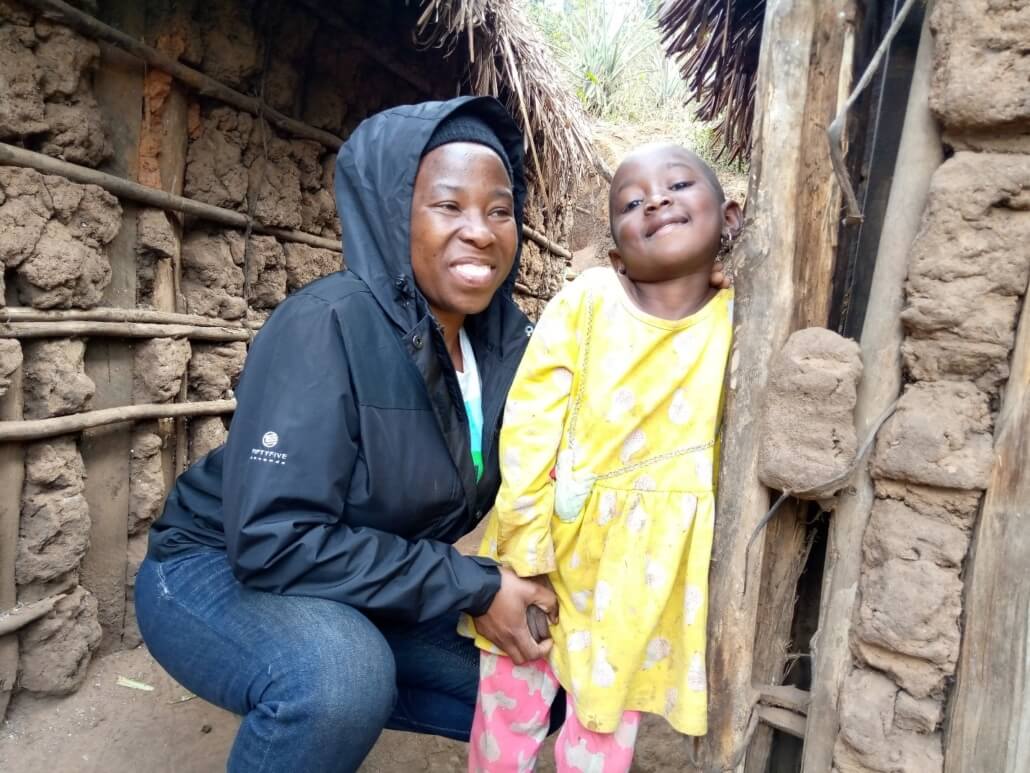
Have you made personal changes since joining the RCP Program that have resulted in better health for you and your children?
I try my best to cook a variety of meals for my children three times per day. Formerly, I was not considering having a variety of foods or how many meals they have eaten. Now I make sure they have enough meals in a day. Also, I sometimes take time to play with my children and help them with their homework.
If you have been using the clinic services in Ipalamwa, how are they different from medical services available before the clinic opened?
The services are great and the thing I like most about the Ipalamwa General Clinic is that any medication that you are given for a certain disease heals you very fast, which is not the case with other dispensaries in the village. That’s why I think the services they offer are very good.
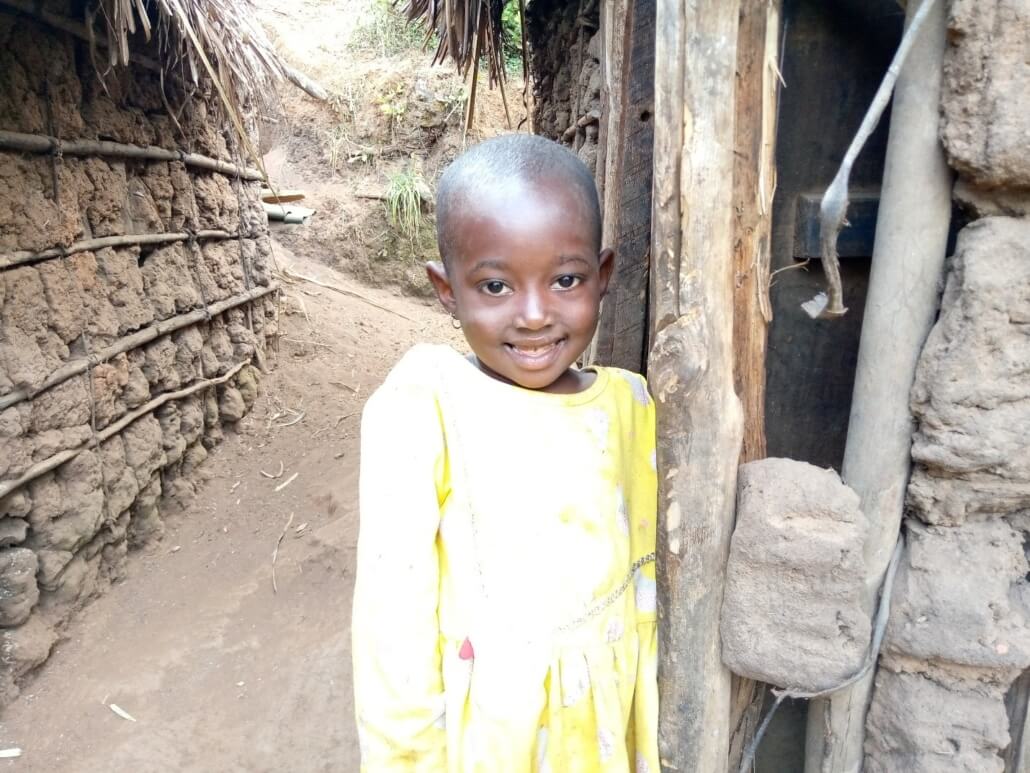
What can you tell us about your children, Bitiana? How did you choose their names?
My children like playing with their friends after school. But sometimes they help me with some domestic activities like fetching water. But with all that, I usually plan for them to study or do their homework. I do not allow them to play all the time after school so I help them manage the time. My mother-in-law selected the names for Beatrice and Vasco, and Joseph was named by my sister. I have seen changes in my children after joining the program. Beatrice has been growing very healthy compared to her brothers. She has a very good understanding and she has not been getting sick like my other two children did. I’m also glad that my older children are also improving now because they are receiving meals at school and they have become very active. The program is very helpful. I hope my children become better people in the future, including economically, so that they can help us in the future.
What values from your ancestors and cultures are you trying to maintain?
My mother told me that if your parents have prohibited you from doing something which is considered to be a taboo, you must obey them. If you don’t, you will be considered disrespectful. You might become so disrespectful that you no longer view it as bad to marry a relative. So, it’s like a curse is put on you.
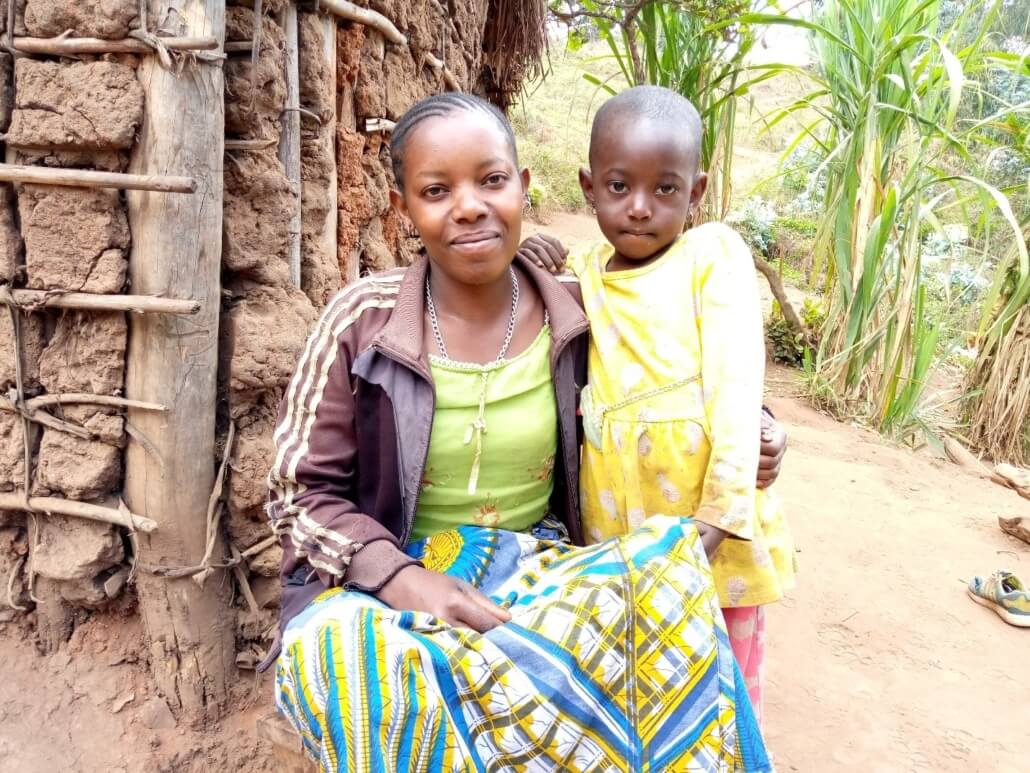
What are your family’s biggest challenges? How do you try to address them?
Financial challenges are the largest challenge. But working hard is the only solution. I sometimes work on other people’s farms so that I can earn money.
What are you most proud of in your family? What do you hope for in the future?
I feel very happy when I see my children. I’m proud to be their mother. In few years, I have a plan to expand cultivation so that we can harvest more crops and sell them.

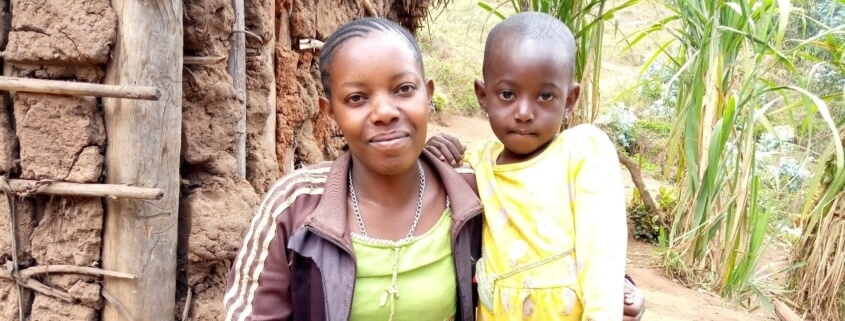
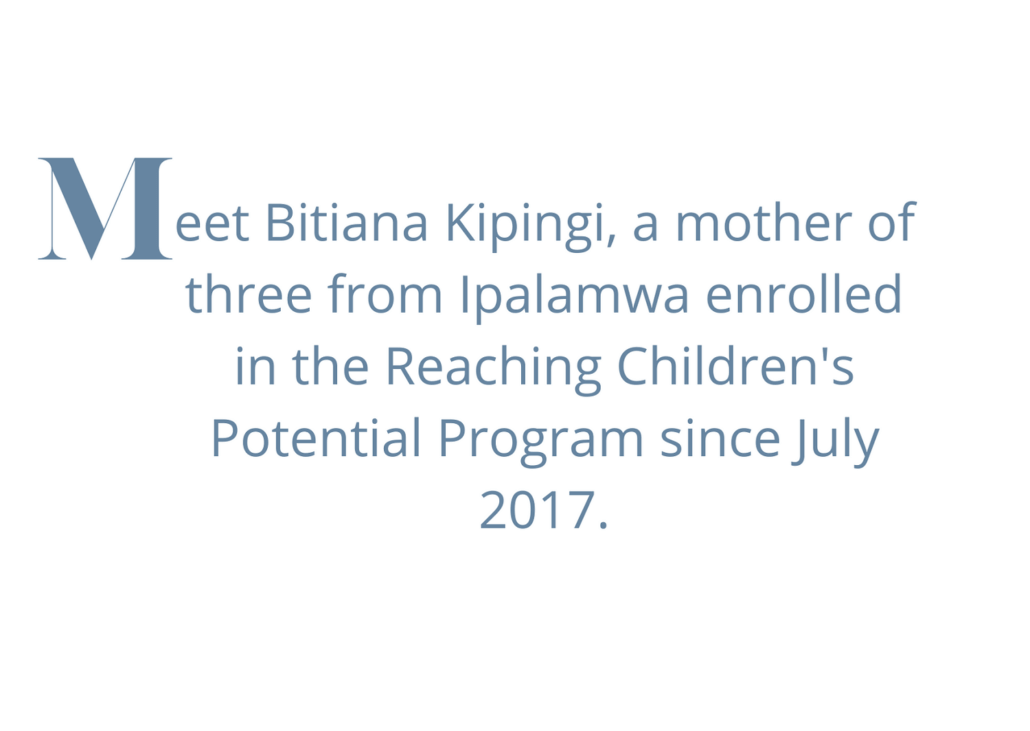
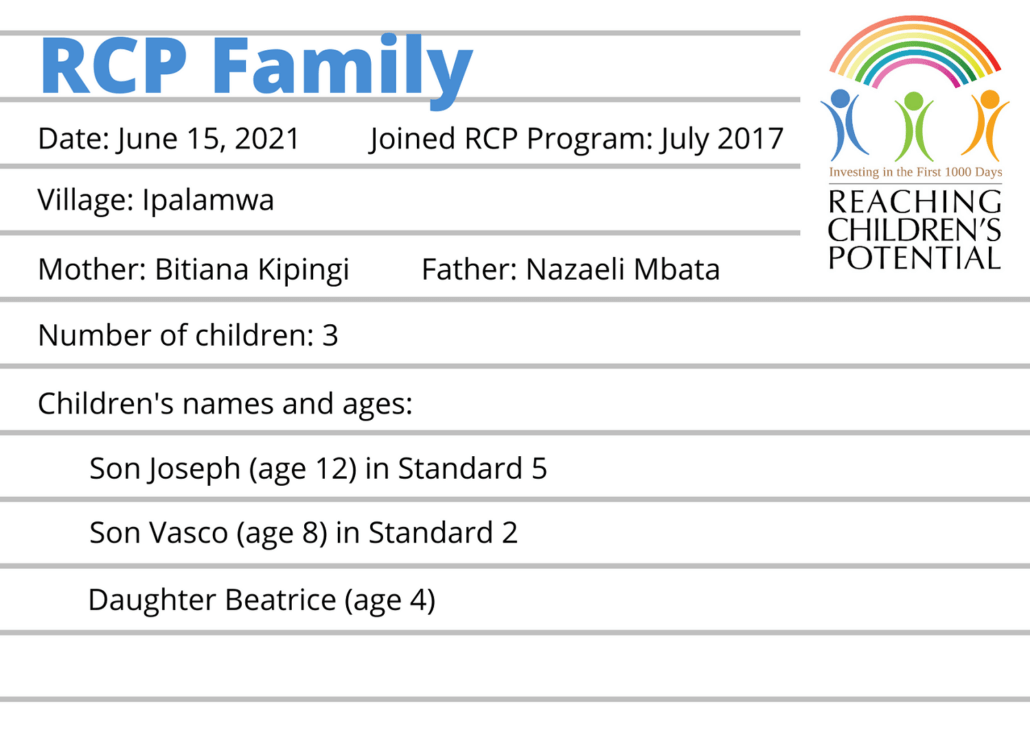


Leave a Reply
Want to join the discussion?Feel free to contribute!